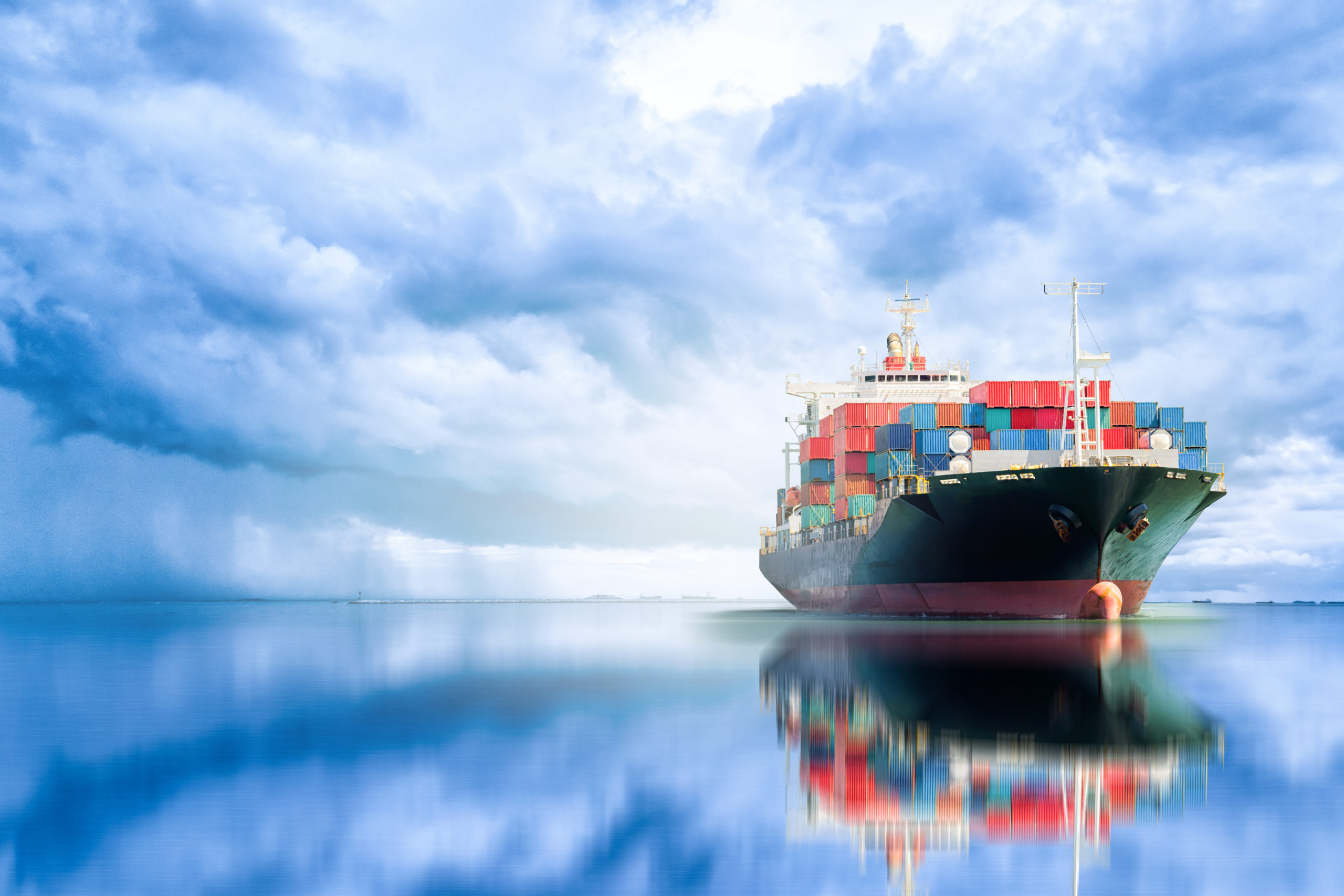
Two IP patent attorney Coreena Brinck recently spoke at the FICPI 21st Open Forum. In this article, Coreena shares some key points from her presentation ‘Enforcing patents at sea’, looking at how protection for shipping technology in EU coastal waters has been strengthen by the introduction of the Unitary Patent (UP).
Patent holders may not realise this but patent protection in the EU for technology which is essential onboard vessels gains hugely if they opt for the Unitary Effect when their European patent is granted. Not only does a Unitary Patent (UP) provide protection in 17+ EU member states but it also benefits from a more limited exclusion for vessels which are accidentally or temporarily within that territory.
Individual EU member states (as well as the U.K. which is no longer part of the EU) with coastal waters include exemptions from patent infringement for visiting vessels which are not registered in that specific state. For the UP however, the exemption applies only to vessels not registered in any of the EU member states where the UP has legal effect.
This means that legal action could be taken by a UP rights owner or a suitably authorised licensee in, say, France against a vessel flying a Maltese flag (Malta being one of the major shipping registers) even if that vessel was only temporarily or accidentally docked in France. If instead the European patent had been validated individually in Malta and France, then legal action could only be taken when the vessel was in Malta, as it would be flying a foreign flag in France and so entitled to the exemption if it had to temporarily or accidentally dock there.
What does this mean for ferry crossings in Europe? A recent U.K. case addressed the meaning of ‘temporarily’ in this context and found ferry crossings using vessels registered in a WTO member state or a state signatory to the Paris convention were also entitled to the exclusion if that state was not the state where the vessel was temporarily visiting. So for example a vessel registered in Ireland used for a ferry crossing to the U.K. is entitled to claim the exemption from infringing a U.K. patent. A U.K. registered vessel which is only temporarily docked in the U.K. and sat used on the same ferry service however would not be entitled to claim the exemption.
So for example, ferry crossings between say France and Italy by a vessel registered in Malta are now likely to infringe a UP when they are temporarily docked in either country whereas previously they would not be considered to have infringed either an Italian patent or a French patent!
If you are interested in finding out more on this subject, you can contact Two IP patent attorney Coreena Brinck here.





